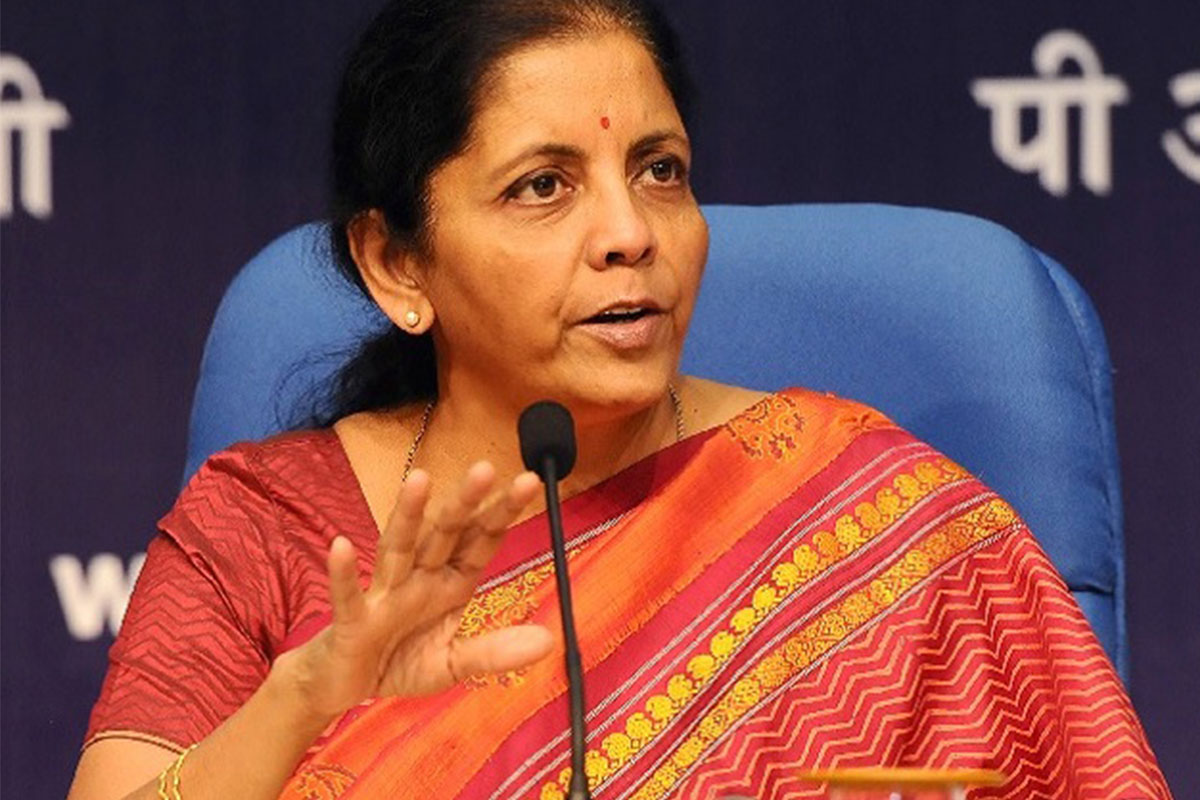UP govt to conduct grand roadshows in India and abroad for Maha Kumbh
Apart from this, approval has been granted for the purchase of 220 vehicles for the event.
The enabling provisions must be written in plain language without allowing overzealous draftsmen to overwhelm the intention of openness by clouds of confusion.

The move will provide relief to contractors impacted by the COVID-19 crisis. (Photo: IANS)
While the devil may lie in the details, to be announced progressively by the Finance Minister, and there may be debate on what part of the economic package of Rs 20 lakh crore has already been covered by past initiatives, the announcements by the Prime Minister on Tuesday evening are momentous for several reasons.
While the planned expenditure is the means, not unimportant certainly, it is the end that requires focus because that could change the game. A self-reliant India that produces enough to cater for both need and greed ~ essentials as well as superfluities ~ is the goal Mr Narendra Modi has set for the country. This will mean ramping up existing production modules and adding manufacturing capabilities on a scale that has never been attempted before.
It will also mean a change in consumer mindsets, so that Indians not just seek out products made in India but deem it fashionable to use them, and thus endorse Mr Modi’s exhortation to be “vocal about local”.
Advertisement
To achieve these laudable objectives, Mr Modi has sought to rely on five pillars ~ an economy that sees exponential growth; enhanced infrastructure; technology-driven systems; tapping India’s demographic dividend and creating demand to absorb enhanced supply.
Most important, he has stressed on the importance of creating opportunity out of adversity. To do this, the Government plans significant reforms ~ presumably legislative ~ to fast-track investment, both domestic and foreign. In effect, therefore, the thrust of the Prime Minister’s idea is to position India as a rival to China by becoming an alternate global manufacturing hub.
Unstated but evident is the desire to cash in on global anger and even disgust with China, and to position India as a viable alternative with the lure of its huge and relatively younger market of consumers.
These ideas are commendable but to attain fruition, they will have to be bulldozed by Mr Modi past a bureaucracy that has historically seen virtue in the fine print, in riders and minutiae that enable it to assert its authority but add to the creation of the red-tape with which India is inextricably linked in global perception.
The enabling provisions must be written in plain language without allowing overzealous draftsmen to overwhelm the intention of openness by clouds of confusion. Above all, these provisions must not create the sort of ambiguity that will lead to an overextended judicial system being further clogged.
Not even the Prime Minister’s bitterest critic can find issue with the grand vision outlined by him on Tuesday. Thus, while there could be quibbles about some of the details, and even concern if the proposed labour law reforms for example are sweeping, it is time to accept that the old socialist and newer, neo-liberal models have not quite led to equitable growth.
It is therefore of critical importance that the substance of Tuesday’s idea is embraced widely and given a fair chance. Before that happens though, there is the little matter of Lockdown 4.0 to contend with.
Advertisement